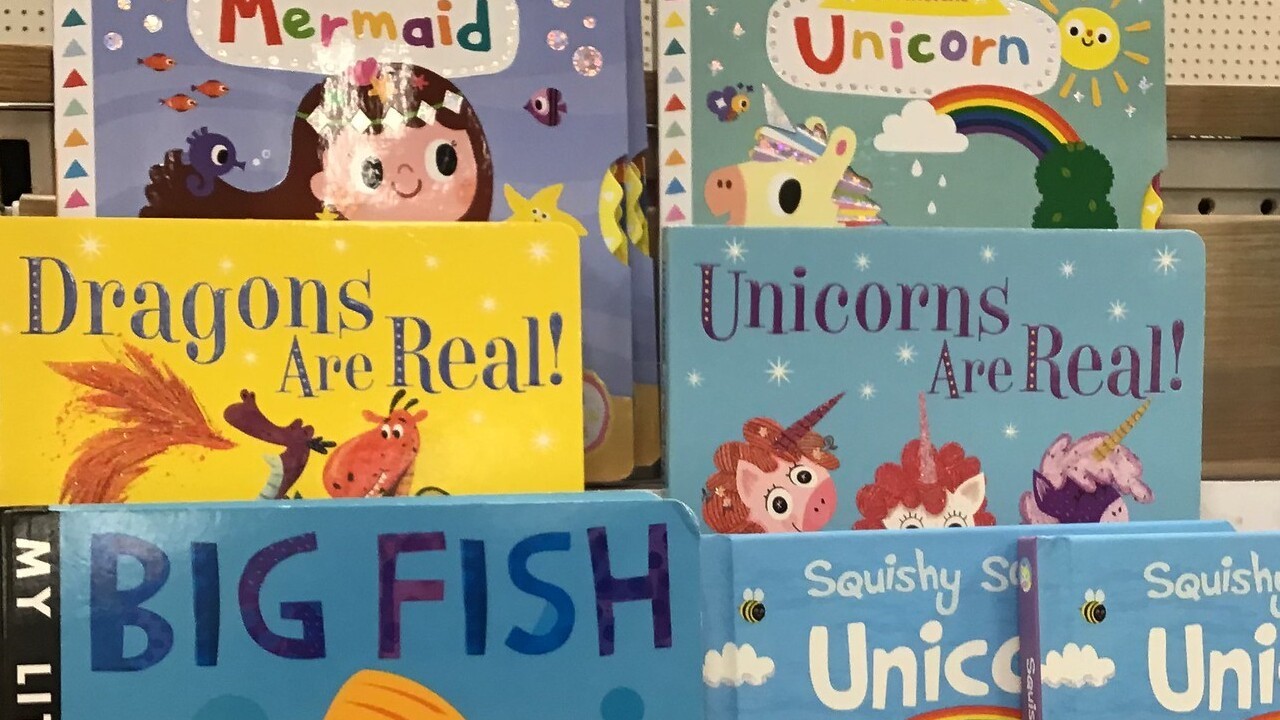“Houston, we have a problem.” It seems that cancel culture has gone, as the Beastie Boys once said, “intergalactic, planetary!”
Believe it or not, cancel culture has now been identified as a problem that spans galaxies, so NASA has announced it is going to do something to counter the scourge of “offensive” nicknames for cosmic objects far, far away.
According to a recent NASA press release, “Distant cosmic objects such as planets, galaxies, and nebulae are sometimes referred to by the scientific community with unofficial nicknames. As the scientific community works to identify and address systemic discrimination and inequality in all aspects of the field, it has become clear that certain cosmic nicknames are not only insensitive, but can be actively harmful. NASA is examining its use of unofficial terminology for cosmic objects as part of its commitment to diversity, equity, and inclusion.”
Of course, NASA fails to elaborate on how so-called “insensitive” nicknames are actually “harmful.” As is the case with most examples of cancel culture, there is no room for societal discourse. “Don’t you dare challenge the premise of cancel culture,” they say. “And if you do, prepare for quite the backlash!”
NASA, which has apparently now fallen prey to cancel culture predators, is scrambling to appease our new cultural overlords. “As an initial step, NASA will no longer refer to planetary nebula NGC 2392, the glowing remains of a Sun-like star that is blowing off its outer layers at the end of its life, as the ‘Eskimo Nebula.’ ‘Eskimo’ is widely viewed as a colonial term with a racist history, imposed on the indigenous people of Arctic regions. Most official documents have moved away from its use. NASA will also no longer use the term ‘Siamese Twins Galaxy’ to refer to NGC 4567 and NGC 4568, a pair of spiral galaxies found in the Virgo Galaxy Cluster. Moving forward, NASA will use only the official, International Astronomical Union designations in cases where nicknames are inappropriate.”
Just out of curiosity, did NASA poll the majority of Eskimos or Siamese twins to document how outraged these people are with the galactic nicknames? Of course not. NASA has decided to kowtow to the cancel culture throng, regardless of whether the supposed grievances are real or fabricated.
Aside from not doing any research on the veracity of the claims that these age-old nicknames are indeed offensive, NASA is resorting to placating the mob in a feeble attempt to avoid its wrath. Thomas Zurbuchen, associate administrator of NASA’s Science Mission Directorate, recently stated, “I support our ongoing reevaluation of the names by which we refer to astronomical objects … Our goal is that all names are aligned with our values of diversity and inclusion, and we’ll proactively work with the scientific community to help ensure that. Science is for everyone, and every facet of our work needs to reflect that value.”
One would think NASA has more important things to focus on, like its recent mission to Mars, than to bother with inane things such as nebulae nicknames. Yet, this is 2020, the year of cancel culture, so what else would you expect?
What terrible societal issue will NASA take on next? Maybe it will no longer paint its spacecrafts white, because that could be viewed as racist. Or maybe NASA should abandon the American flag, because even many Americans are now offended by this symbol.
And don’t worry, NASA isn’t stopping with Eskimos and Siamese twins. “The Agency will be working with diversity, inclusion, and equity experts in the astronomical and physical sciences to provide guidance and recommendations for other nicknames and terms for review,” according to the recent press release.
Unfortunately, it seems like NASA is going all-in on the cancel-culture craziness. “These nicknames and terms may have historical or culture connotations that are objectionable or unwelcoming, and NASA is strongly committed to addressing them,” said Stephen Shih, associate administrator for diversity and equal opportunity. “Science depends on diverse contributions, and benefits everyone, so this means we must make it inclusive.”
I have just one last question: What does renaming distant objects have anything to do with being inclusive? If NASA really wants to make the agency more inclusive, it could do a bevy of things, like, for example, sponsoring more science camps throughout the country, especially in under-served areas. Wouldn’t this, which I thought up in a grand total of two seconds, do much more to help diversity in the sciences than the virtue signaling of renaming a bunch of cosmic objects that will have almost no impact on anybody on Earth?
PHOTO: Christmas Day Andromeda Galaxy. Photo by Tudor Chibacu. Photo in the public domain.
Chris Talgo ([email protected]) is the editorial director and a research fellow at The Heartland Institute, as well as a researcher and contributing editor at StoppingSocialism.com.






